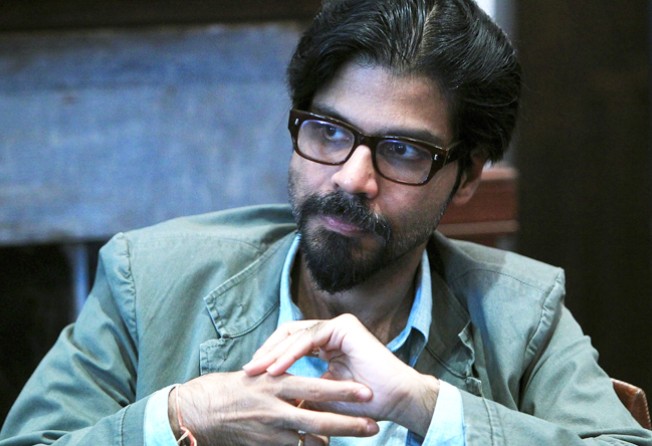Non-violent encounter with leading literary thinker Pankaj Mishra

Meeting Pankaj Mishra face to face was for me like my daughter going backstage to see Katy Perry. So a recent dinner with the great man was certainly worth it, though it didn't come cheap. We both arrived at about the same time - late. Other guests were already congregating and deep in conversations. So I had a short time with arguably Asia's leading literary thinker today, all to myself.
He was unfortunately rather taciturn, and we ended up talking about the weather and a bit about Hong Kong's democratisation and "mainlandisation" before he was duly returned to the other guests.
"I am not surprised at all about Hong Kong's reactions to the mainland," he said. Well, that's the thing about having an awesome intellect; you already have the conceptual repertoire in hand before you familiarise yourself with the specifics about a new place.
The rest of the evening was provocative, as Mishra spoke to the group, with topics ranging over much of the contemporary social and political landscape in our globalised world: modernisation vs westernisation; East vs West; corruption in China, India and the US; the public intellectuals whom he despises and visionary artists whom he admires; and the meaning of life and happiness.
He doesn't like what "serious readers" read: the historian Niall Ferguson for whom the West is the best; or the "global novelist", writers he named in a recent Financial Times article like Haruki Murakami, Umberto Eco, Kazuo Ishiguro and Salman Rushdie. There is a long list of non-Western writers he likes; I have never heard of a single one of them. His erudition is frightening.
Is there a common theme to all this? I think it is that every non-Western society, and certainly China, became modernised through violent encounters with the West. This has meant alternating between "liberation and repression, fulfilment and loss," Mishra once wrote. We have become richer, and more powerful and independent as modern nations, but we never got over the traumas of those encounters.
Many countries achieved modernity only by treating their people like cogs in a machine, as means to an end, their happiness forever deferred by one great national project after another to catch up with the West. That has been our tragic inheritance.